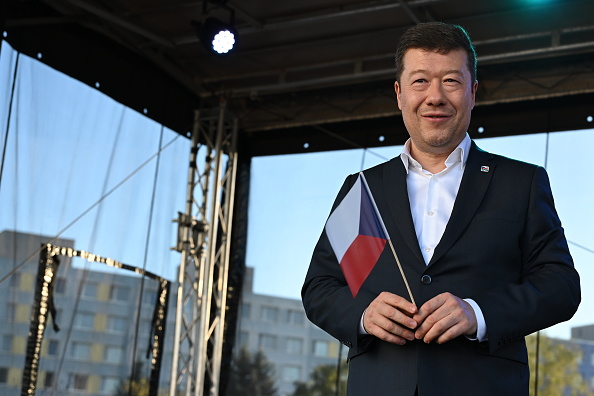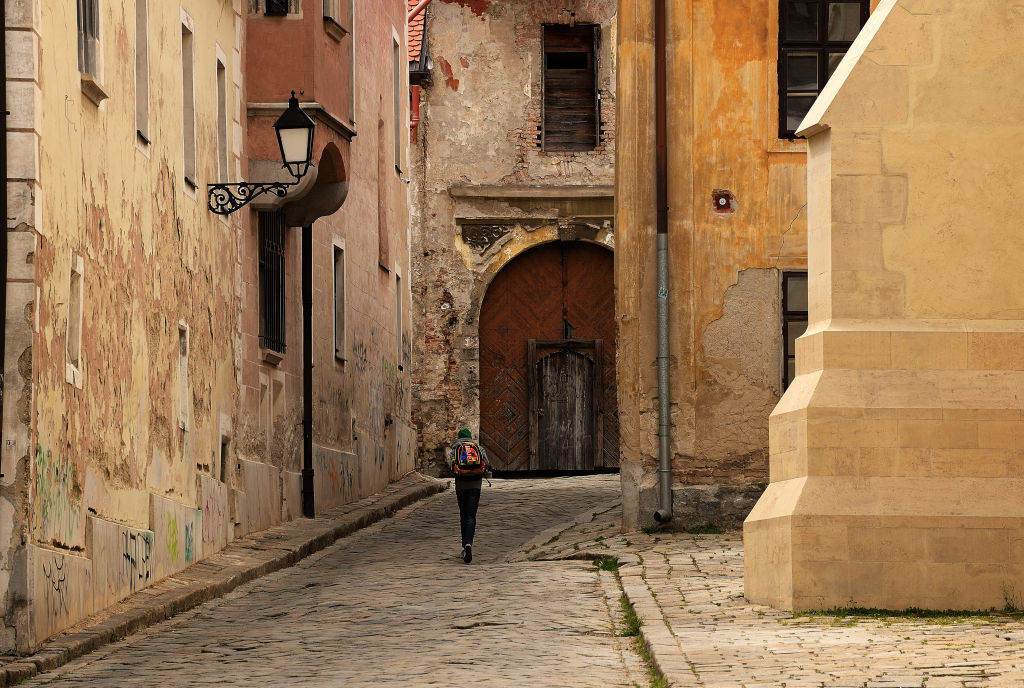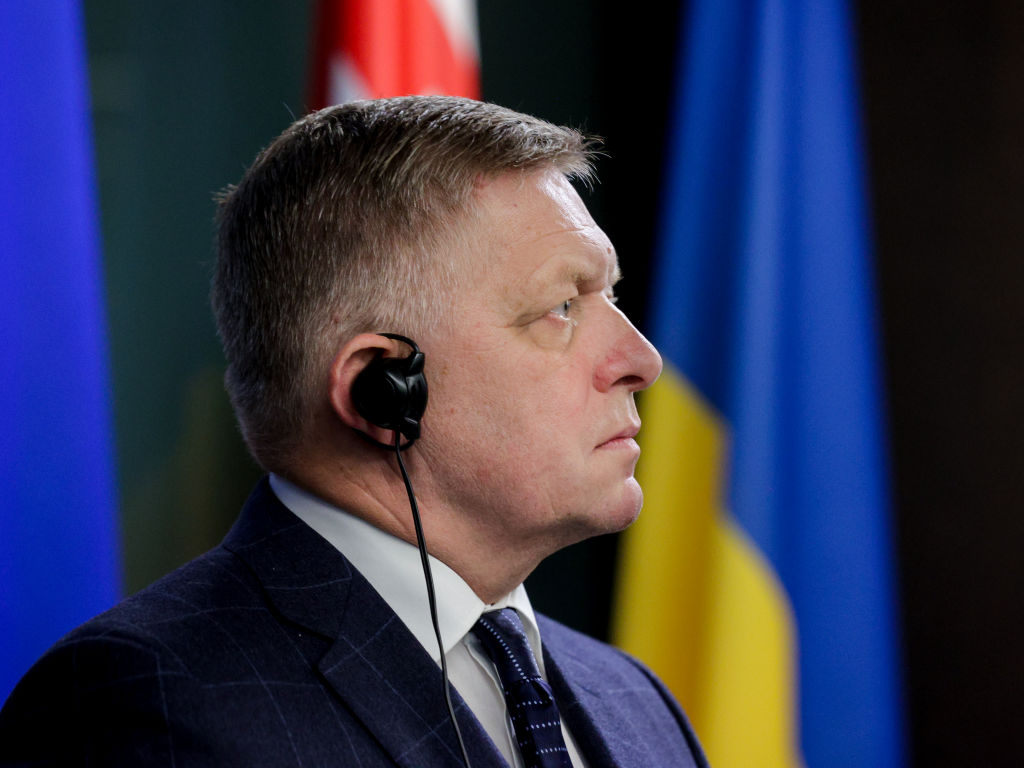Fico faces pressure to tighten Slovakia’s crime laws
According to the country's general prosecutor, the new system fails to achieve its deterrent or rehabilitative goals

BRATISLAVA – Prime Minister Robert Fico’s government is under growing pressure to tighten Slovakia’s criminal code after a controversial reform reduced penalties for minor offences, as police officers and local authorities warn of weakened public safety.
Early in 2024, the ruling populist coalition hastily adopted a major overhaul of the penal code that abolished the agency responsible for investigating and prosecuting complex criminal cases, shortened the time limit for filing legal claims, and reduced penalties for a range of crimes.
One of the most disputed changes raised the threshold for theft to count as a criminal offence from €266 to €700. Repeat thefts that once led to prison sentences are now treated as minor wrongdoing, with fines of up to €331.
Slovak shopkeepers already warned about a surge in petty theft in August 2024 but the issue returned to the spotlight this month when Bratislava Mayor Matúš Vallo raised concerns over the deterioration of the situation, backed by the Association of Towns and Municipalities of Slovakia (ZMOS).
Its chairman, Jozef Božik, has urged the government to introduce a “three strikes” rule, under which anyone caught committing petty theft three times would face criminal rather than administrative charges.
ZMOS warned of “a significant deterioration of public safety in towns and municipalities” due to the ineffective punishment of petty crimes, and urged the government to reopen the debate on criminal penalties.
“It was a mistake to abolish an effective tool for protecting society against petty crime offenders,” wrote this week General Prosecutor Maroš Žilinka, a figure usually aligned with the coalition. The new system simply fails to achieve its deterrent or rehabilitative goals, he added.
Offenders often lack the means to pay, and the proceedings are slow and ineffective, said several municipal police chiefs.
Slovak shops report rise in thefts in wake of Fico reform
A growing number of Slovak shopkeepers report an increase in petty theft following the reform…
3 minutes

Local authorities also highlighted the chronic shortage of police officers and noted that offenders are becoming increasingly bold.
Many people no longer report incidents, knowing that “the offender will only face a [small-scale] fine”, said Ľubica Balgová, mayor of the central city of Sliač.
Martin Chren, mayor of Bratislava’s residential Ružinov district, compared the current situation to the 1990s, when Slovakia saw a similar rise in street crime.
Government weighs response
Justice Minister Boris Susko (Smer-SD) and Interior Minister Matúš Šutaj Eštok (Hlas-SD) said last week they were open to considering local authorities’ complaints but offered few details.
Both noted that the average value of stolen goods is about €64. Susko argued that imprisonment for such offences is “highly inefficient” and that the real issue is rising aggression and repeat offences, including attacks on shop staff.
Eštok said he plans to meet with the police president and present a proposal “by the end of the year.”
Slovakia is not alone in discovering that leniency toward minor offences can backfire. California, after decades of trying to ease prison overcrowding, recently reversed course and introduced tougher measures as certain types of crime began to flourish again.
(cs)









